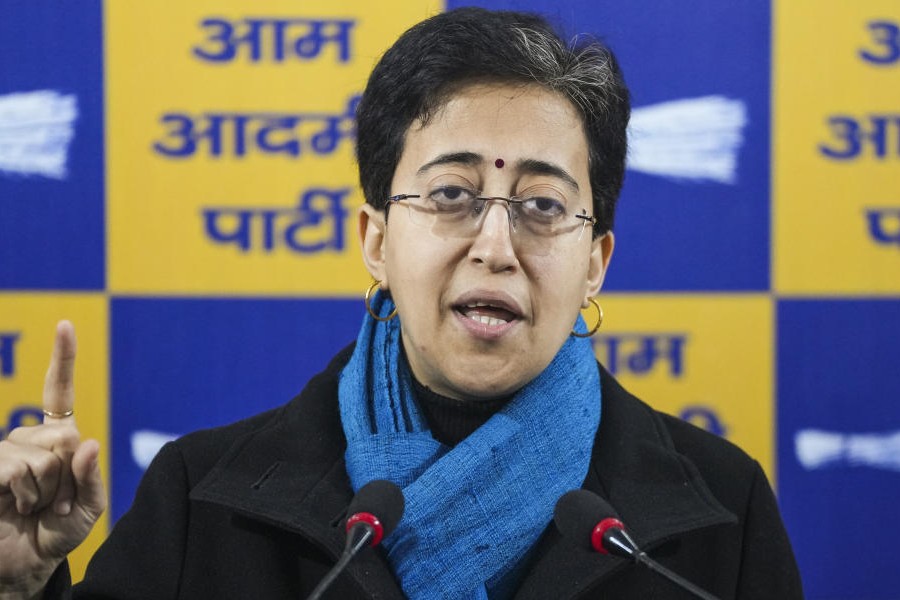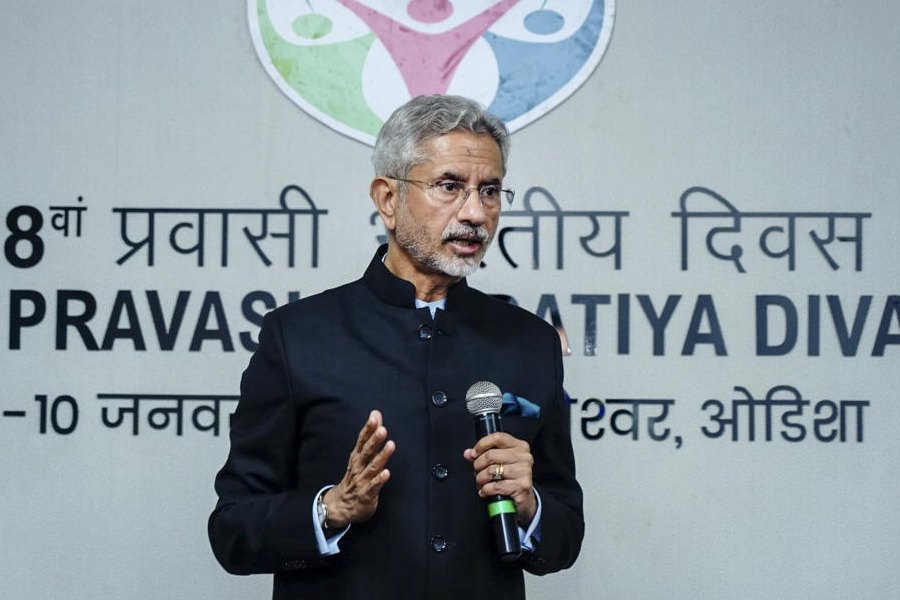
Mumbai: The Securities and Exchange Board of India (Sebi) on Tuesday revised the underlying principles for its consent settlement mechanism that will effectively allow perpetrators of most egregious market frauds to go scot-free without admitting guilt and paying just a nominal penalty.
The change in the consent settlement mechanism - which was first introduced in India in 2007 and codified into regulations in 2014 - is being done less than 40 days after the Justice Anil R. Dave committee submitted its recommendations on the subject.
The Dave committee had suggested that the perpetrators of securities fraud should be allowed to file a consent application to settle matters relating to insider trading, front-running and mis-statements in public offer documents after the payment of a penalty.
Under the 2014 regulations, these offences were categorised as serious securities law violations and had generally been kept outside the ambit of the consent settlement process.
The Sebi board, which met here on Tuesday, did not specifically say whether these serious offences would now be covered under the consent settlement mechanism.
"The board may not settle any proceeding if it is of the opinion that the alleged default has market wide impact, loss to investors or affects the integrity of the market," the regulator said, deliberately obfuscating the issue whether serious market frauds would be covered or not.
This will now introduce an element of arbitrariness in the selection of the cases that will qualify for the consent settlement process.
"Proceedings relating to fraud (including insider trading, front-running and misstatements in offer documents) may be settled depending on the facts and circumstances of each case," the Dave committee had suggested.
"We have not spelt out the guidelines for determining what constitutes market wide impact," Sebi chairman Ajay Tyagi told reporters at a press conference after the board meeting.
Essentially, this means that the regulator's panel of whole-time members - aided by advice from a high-powered committee headed by a retired high court judge which it may choose to ignore - will have the freedom to pick the cases that qualify for consent settlement.
The only restriction is that the benefit of consent settlement will not be extended to a wilful defaulter, a fugitive economic offender or someone who has "defaulted in payment of any fees due or penalty imposed under securities laws."
The Sebi board also accepted the Dave committee's recommendation of allowing "settlement with confidentiality" to any person that provides material assistance to the board in its fact-finding process and proceedings has been specified.
Under the confidentiality mechanism, Sebi will be required to expunge all details identifying the applicant as well as the assistance provided by him unless the person in question is prepared to make the disclosure himself.
If a settlement order is revoked on account of non-compliance with the terms of the order or not making full and true disclosures, the settlement amount paid shall not be refunded to the applicant, the regulator added.
ICICI case
Sebi said that ICICI Bank had replied to its show-cause notice with respect to a probe into alleged regulatory lapses involving its CEO Chanda Kochhar, her husband and his business dealings.
However, the bank has not filed any formal application for settlement.











